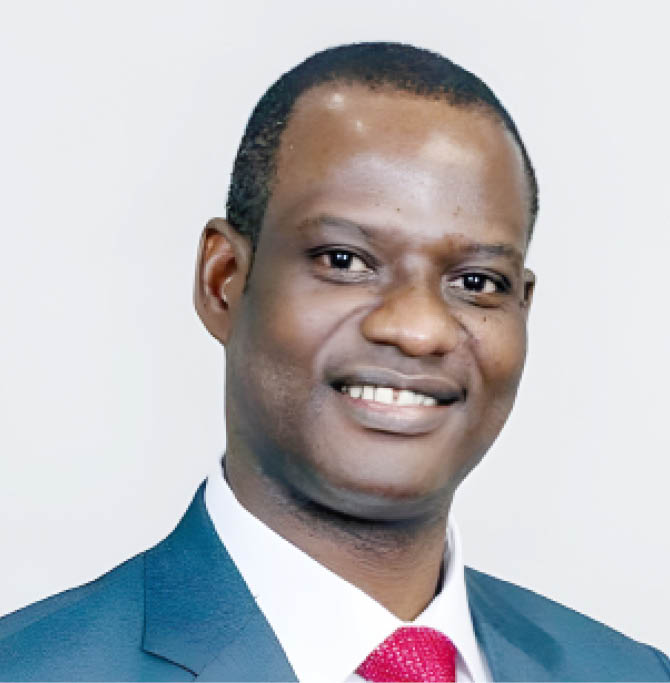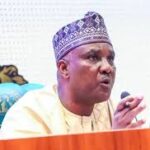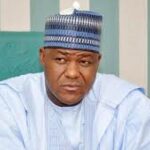The leadership of the House of Representatives held a closed-door meeting on Monday with zonal and state caucus leaders and the presidential committee on tax reform to discuss the tax reform bills generating controversies.
The meeting focused on addressing concerns raised by Northern lawmakers, governors, and stakeholders regarding contentious clauses in the bills, which they fear could negatively impact the socio-economic wellbeing of the region.
This follows an interactive session last week where lawmakers were initially briefed on the bills.
A lawmaker at the meeting, speaking anonymously, confirmed that only preliminary aspects of the bills were reviewed during the session.
- Damagum to INEC: Conduct bye-elections for 27 vacant Rivers Assembly seats
- ABG oil trains 40 on CNG conversion in Kaduna, offers job opportunity
He said, “We discussed some clauses that raised concerns. The meeting will continue tomorrow for further deliberations.”
Another member, also speaking on condition of anonymity, highlighted the complexity of the issues involved.
“We sought clarifications from the chairman of the presidential committee, Taiwo Oyedele. While he addressed some questions, others remained unanswered,” the member said.
He added, “One of us asked if projections had been made about the share states would receive if the bills were implemented from February to date.
“The chairman admitted no such projections had been made. The member argued that based on existing parameters, states would receive almost nothing under the proposed reforms.”
The lawmaker expressed concern over the perceived pressure to pass the bills, warning of potential inducements to sway members.
“There is talk of significant monetary and other incentives being used to push this agenda. They seem determined to force these bills through without adequately consulting state governors, who should be key stakeholders since the bills affect subnational entities,” he said.
He further criticised the approach, saying, “They plan to involve governors only during public hearings after the bills have passed the second reading. This disregards the serious implications for state and local government economies, particularly in already disadvantaged regions.
“We will not stand by while the interests of a few are prioritised at the expense of the majority. The proposed reforms risk destabilising the economies of many states.”

 Join Daily Trust WhatsApp Community For Quick Access To News and Happenings Around You.
Join Daily Trust WhatsApp Community For Quick Access To News and Happenings Around You.


